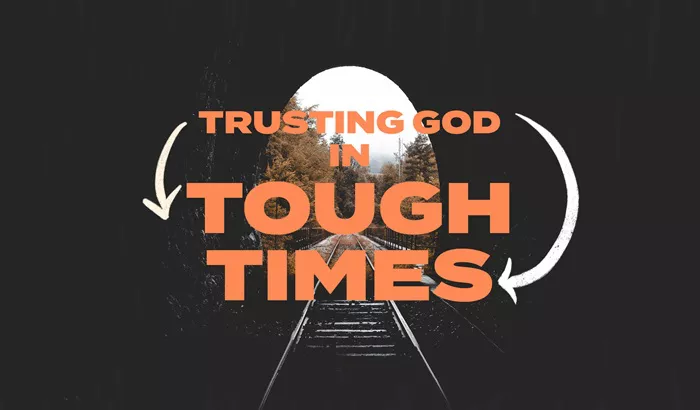From its very first scene, Costa-Gavras’s 1969 political thriller Z boldly critiques authoritarianism, drawing parallels to the political climate of today. The film’s intense visuals and unflinching portrayal of state-sponsored violence are rooted in the 1963 assassination of Greek democratic leader Grigoris Lambrakis. Though Z was made more than 50 years ago, its message about the erosion of democracy and the dangers of unchecked power still resonates strongly today, particularly as America faces growing political polarization under Donald Trump’s divisive second term.
In these times of political unrest, where disinformation, corruption, and polarization have become rampant, films like Z offer a lens through which we can better understand the collapse of democratic systems—and the role cinema can play in resisting censorship, persecution, and political oppression. These films remind us that the fight for truth and freedom is ongoing, and often dangerous.
Films based on anti-totalitarian literature have a long and impactful history. Works like George Orwell’s 1984, Ray Bradbury’s Fahrenheit 451, and Margaret Atwood’s The Handmaid’s Tale have been revisited time and again, underlining their relevance in a world where liberties are still being threatened. Even earlier films, such as Charlie Chaplin’s The Great Dictator (1940), mocked Adolf Hitler and warned of the perils of fascism. More recently, films like I’m Still Here (2025), which won the Oscar for Best International Feature Film, explore the lasting effects of Brazil’s military dictatorship through the personal struggle of Eunice Paiva, whose husband was disappeared by the regime in 1971.
Costa-Gavras once said, “Everything is political,” and this sentiment echoes through many films that explore how authoritarianism takes root, the necessity of resistance, and the long, often painful fight for human dignity. One such example is Stanley Kubrick’s Spartacus (1960), which tells the story of a slave uprising in ancient Rome. The film’s hero, Spartacus (played by Kirk Douglas), fights not just for freedom, but for the principle of self-determination. While the film tells a story of revolt, it also critiques the systems that perpetuate oppression, reflecting the struggles of the civil rights movement in the U.S. and the broader fight against McCarthyism. In its poignant finale, Spartacus reminds viewers that while rebellion may be short-lived, it is never in vain; the legacy of freedom endures.
Another powerful film in this tradition is V for Vendetta (2005), based on Alan Moore’s graphic novel. Set in a future London controlled by a fascist government, the film follows the masked revolutionary V (played by Hugo Weaving) as he seeks to dismantle the oppressive regime. V for Vendetta is not just a story of rebellion but also a meditation on the power of ideas to spark change. Its iconic line—”People should not be afraid of their governments; governments should be afraid of their people”—has become a rallying cry for activists fighting against authoritarianism today.
Ladj Ly’s Les Misérables (2019), set in the marginalized suburbs of Paris, also underscores the importance of resistance. The film follows a group of young Black and Arab men as they rise against police violence. The film’s portrayal of systemic injustice and the simmering rage it ignites mirrors the themes explored in The Siege (1998), a U.S. film set in Brooklyn during a period of martial law following a series of terrorist attacks. Though The Siege’s premise may seem far-fetched—given the level of surveillance in the U.S.—the film raises an important question: What does it mean to be a patriot, especially when the government betrays its own values?
The enduring power of film to reflect societal realities is also evident in the ways movies can shape political movements. Z, for example, was a favorite of the Black Panther Party, which saw its own struggles reflected in the film. The Black Panthers, whose members were surveilled and killed by the U.S. government, related deeply to Z‘s portrayal of the suppression of truth and the erosion of democratic rights. In the film’s final moments, as the authorities crack down on dissent, we are reminded of an essential truth: Authoritarians succeed not just through force, but through controlling information.
Ultimately, film has a vital role to play in the ongoing struggle for freedom and justice. Whether through the lens of history, the narrative of resistance, or a dystopian future, these films serve as both a warning and a call to action. They remind us that the fight against totalitarianism is not just a matter of politics—it is about defending the fundamental human rights and freedoms that define us all.
Related topics:
“Witches” Explores Postpartum Struggles and Witch Hunt History
“Killgrin”: A Supernatural Horror of Grief and Terror
New ‘Chainsaw Man’ : The Movie – Reze Arc Trailer Drops

